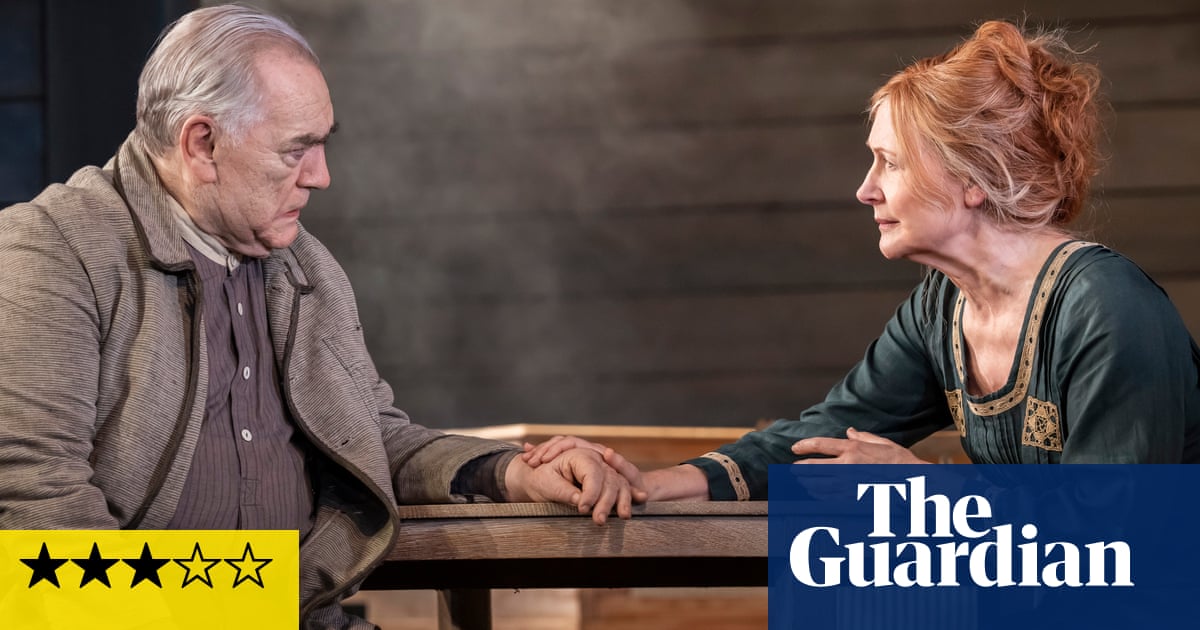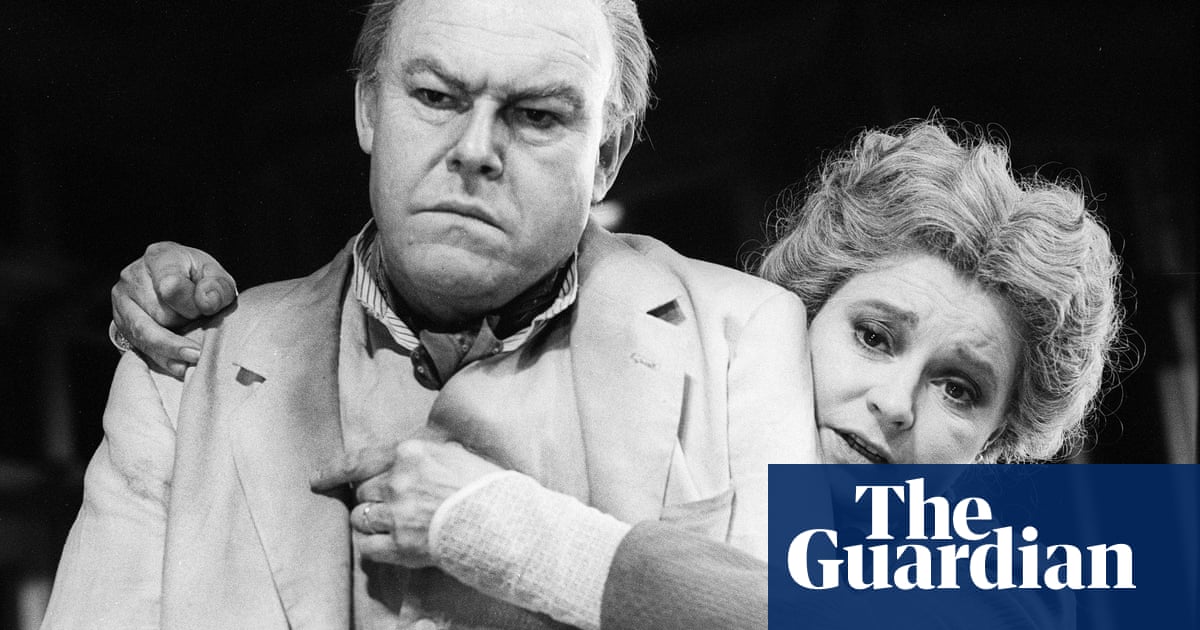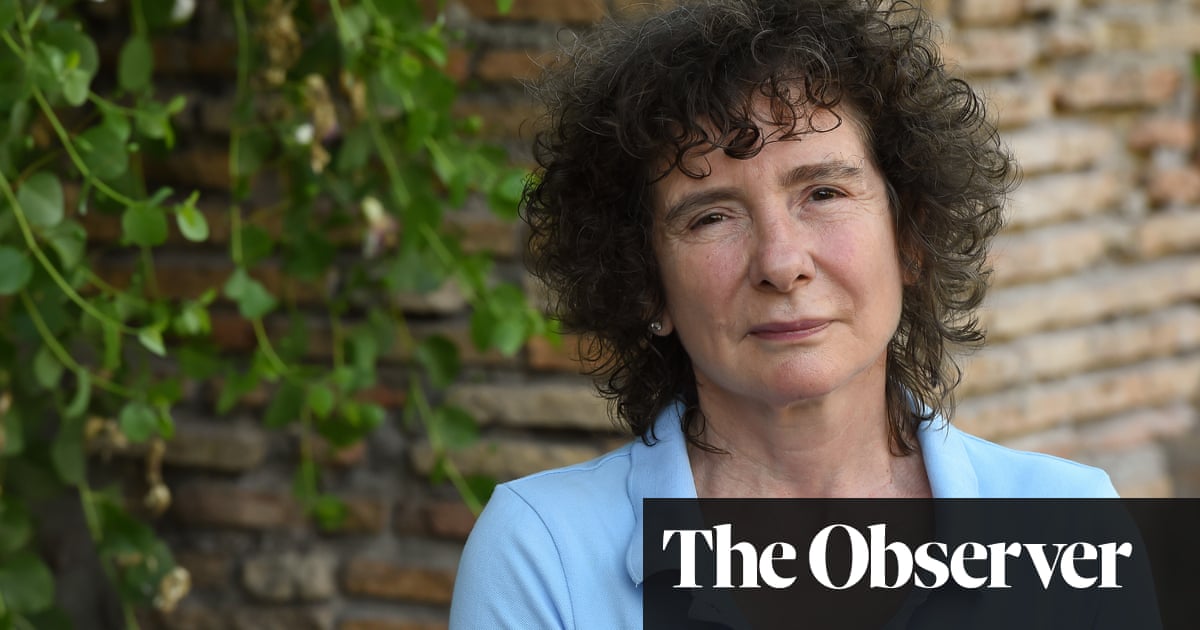
The overbearing patriarch in Eugene O’Neill’s semi-autobiographical drama is an actor who feels his career has been straitjacketed by typecasting. Could James Tyrone be speaking for Brian Cox too who, playing him, steps almost seamlessly from Succession’s paterfamilias to O’Neill’s flawed father marshalling obstreperous sons?
Even if so, Cox is, as always, thrilling to watch. Yet it is Patricia Clarkson as his “morphine fiend” of a wife, just returned from a sanatorium and tumbling back into addiction, who steals the show. Clarkson exudes vulnerability along with hard denial. For all the play’s period elements – it is set in 1912 – hers feels like a true, infuriating, compassionate portrait of an addict.
Tyrone is less textured, a disgruntled and judgmental father switching between anger, flecks of wry humour and expressions of love.
First staged posthumously in 1956 against O’Neill’s instruction that it not be dramatised for 25 years after his death, it might represent the gruelling apex of classic American dysfunction family dramas. We spend a day with the Tyrones, during the course of which the source of Mary’s addiction is revealed along with the family’s points of weakness and pain, from James’s tight-fistedness and tendencies towards drink to wrangles between his sons, Edmund (Laurie Kynaston), a failed poet with TB, and Jamie (Daryl McCormack), a failed actor and drunk.
Under Jeremy Herrin’s direction, the production does not seek to leaven the drama’s gloomy spirit: it is a long, talking play with little action delicately well-crafted which slides between domestic exchange and accusation, anger, emotional conflagration.
Here it is stripped to its elemental state as the family convene in their summer home and vacillate between love and hate. Anger is tempered by anxious love that ironically seem to fuel each other’s various addictions: parents wring their hands over Edmund’s illness, sons wring theirs over their mother’s soul-sapping addiction.
In one pique, Mary tells James the family house has never felt like a home and Lizzie Clachan’s set, spare and wooden, reflects her sentiment. It has the look of early American puritanism, Shaker-like in its simple lines, severe colour palette and sleek lighting (by Jack Knowles). There are doorways within doorways, it seems, which gesture towards Mary’s sense of being spied upon too, although the set-up, as empty as it is, does not quite carry a sense of over-heated crowdedness.
“There’s gloom in the air you could cut with a knife,” says James. He is right. This drama is so stark it seems almost Beckettian, despite its naturalism. Yet there is forgiveness and tenderness between the hard edges, especially between Mary and James – Cox and Clarkson have a lovely, natural chemistry. And although characters spiral into resentment and rage, they always return to love and togetherness, which makes this distinct from the emotional desolations of a Tennessee Williams drama.
Louisa Harland, for her part, is so effective as the family maid, Cathleen, that you want more of her. She lifts every scene she is in, turning a functional role into a comic highlight.
Some scenes glitter with dark energy, and are truly tragic. Others feel protracted, the play’s old-fashioned exposition exposed, and the over-used device of characters narrating memories feeling like lengthy confessions. The circularity of family argument and accusation, are grinding too, and do not always absorb us, emotionally.
At three and a half hours it feels withering. Then again, that is the point here. This is the ultimate family reckoning, with some light, but mostly shade.
At Wyndham’s theatre, London, until 8 June












